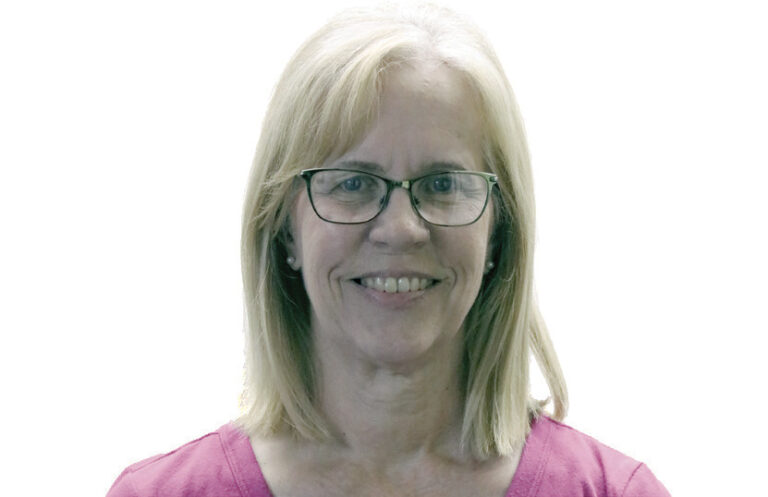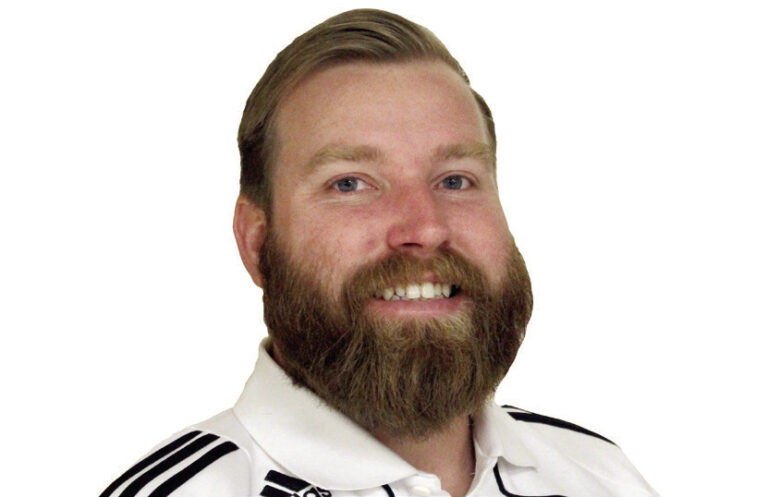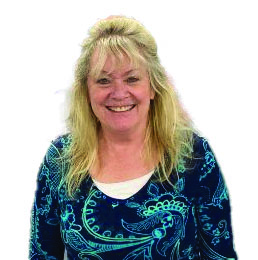Sheila Harris: Imagine unity

I recently remembered a phrase from a prayer that I heard in the church of my childhood: “Endeavoring to keep the unity of the Spirit, in the bond of peace.”
Turns out, it’s from the Bible. Is unity among members of churches or nations even possible? It’s a question I’ve struggled with.
For years, I believed that for unity to exist, members of a group must all believe, practice and teach the same things: maintain uniformity of thought and action, in other words. I couldn’t reconcile the inflexible God with whom I was familiar, with churches that taught differently than the one I grew up in.
My worldview changed when I realized that God loved me while I was unworthy — that Jesus delivered his message while all of humanity was unworthy.
That day, I got my first inkling of grace. I’ve been reading the memoirs of Holocaust survivor and Nobel Peace laureate Elie Wiesel (pronounced “Wee-ZELL”). He understood grace.
Wiesel says, for a time, he was bitter toward German Christians for turning a blind eye to the plight of Jews during the Holocaust. But, after befriending Christians during his later years as a journalist, he learned to forgive, and became inclusive in his mindset. Diversity, Wiesel believed, enriches the world.
Wiesel rightfully placed the blame for the Holocaust on hatred. Hate, manifesting as fanaticism, represents the defeat of mankind, he said.
He clarified that not all fanatics are haters, but all haters are fanatics.
A fanatical hater is so afraid of doubt that he will make it against the law to question or to present an opposing viewpoint. The need to be right and everyone else wrong, in order to build oneself up and diminish others, destroys both the hater and the hated, Wiesel observed.
The tragic end-game of hatred is murder. Even calling a person a fool is tantamount to murder, Jesus said.
We’ve all seen it — mockery, ridicule and disrespect kill something in a person’s spirit. Degrading those with opposing viewpoints can murder democracy.
In 1987, the repeal of the Federal Communications Commission’s (FCC’s) “Fairness Doctrine,” abolished requirements that airwave broadcasters report balanced news. Side-ism with a side-helping of hatred sprang to life, appealing to those who felt oppressed.
The voices of mocking talk-radio hosts filled the airwaves, with many jumping to host slots on the Fox News Network or MSNBC, after the inception of cable TV, where truth is optional.
According to the FCC’s website, cable news networks (such as the Fox News Network, MSNBC and CNN) are “outside of the FCC’s jurisdiction with respect to news distortion,” because the companies are privately owned.
Let cable-watchers beware. I recommend taking a few grains of salt and reading the news from a variety of sources, instead. You’ll have time to ruminate and digest. Don’t let a talking head or a pretty face play on your emotions and tell you what to believe.
Facebook and other types of social media have played a huge part in the division of our country, partly because they provide relative anonymity to fanatical armchair haters. Plus, lots of content creators are being paid for their divisive efforts.
A Feb. 24 ProPublica article reported that “Meta [Facebook] CEO Mark Zuckerberg said in January that the company was removing or dialing back automated systems that reduce the spread of false information. The company was also revamping a program that pays bonuses to creators for content based on views and engagement, potentially pouring accelerant on the kind of false posts it once policed (https:// www.propublica.org/article/facebook-meta-abandons- fact-checking-boosts-viral-content).
At the time, ProPublica identified 95 Facebook pages that regularly posted made-up headlines designed to draw engagement — and, often, stoke political divisions. The pages, most of which were managed by people overseas, had a total of more than 7.7 million followers.
That was in January. Disrespect, no matter a person’s beliefs or political leanings, is not one-sided, and I respect those who are able to hold themselves above the fray.
I question what we’re becoming as a nation. Civil discourse, as in literally civil and respectful, has fallen by the wayside.
“Democracy,” Elie Wiesel said, “Means dialogue. Without the other, neither is conceivable.”
Liberty, by definition, must allow for differences. The freedom to respectfully disagree can build unity; not unity of thought, perhaps, but something greater: a unity of the Spirit in a bond of peace — an environment where we can all learn from the perspective of others, and maybe even make new friends.
But, wait! Isn’t that a community?
Sheila Harris is a long-time Barry County resident and a sales executive and investigative reporter for the Cassville Democrat with a particular interest in environmental and human-interest topics. She may be reached at [email protected].





